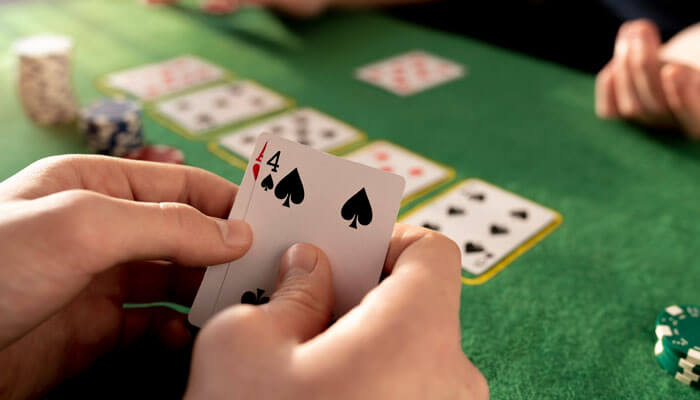The Ultimate Guide to Card Strategies (Personals - Other Personals Ads)

UKAdsList > Personals > Other Personals Ads
Item ID 9837247 in Category: Personals - Other Personals Ads
The Ultimate Guide to Card Strategies | |
Free Online Advertising Free Internet Web Site Advertising. UK Free Classifieds United Kingdom Free Ads Website. 100% Free Ad Posting. Canada Free Ads Popular Online Classifieds in Canada. No Sign up, No Email Required to Post. Card games, whether they’re physical or digital, have captivated players for centuries. From classic games like Poker and Bridge to more modern trading card games like Magic: The Gathering or Yu-Gi-Oh!, the core of all these games is strategy. Winning in card games isn’t just about luck—it’s about understanding the game mechanics, predicting your opponent’s moves, and making calculated decisions. Here's a deep dive into effective card strategies. Understand the Rules and Mechanics Before diving into advanced strategies, a solid understanding of the game’s rules is essential. Every game has unique mechanics, whether it’s the way cards are drawn, played, or how effects are triggered. Mastering these nuances helps you make more informed decisions, setting the stage for more complex strategies. Card Advantage One of the most critical concepts in card games is “card advantage.” The idea is that having more cards (or better cards) than your opponent gives you an edge. Some strategies revolve around generating card advantage by drawing extra cards, forcing your opponent to discard, or using cards that let you get more value out of a single draw. Tempo Control Tempo refers to the speed at which a game is played. Gaining tempo means putting pressure on your opponent, often forcing them into a reactive position. Whether you’re aggressively playing cards that force your opponent to defend or strategically slowing down your play to disrupt their flow, managing tempo can be the difference between winning and losing. Resource Management Most card games involve managing resources like mana, energy, or even health points. Properly managing these resources is often the key to executing a winning strategy. If you spend too much too early, you risk running out of options, but if you hoard resources, you may miss opportunities to capitalize on the game’s momentum. Bluffing and Psychological Play Games like Poker highlight the importance of bluffing. By pretending you have a stronger hand (or weaker one), you can trick your opponent into making suboptimal decisions. Understanding human psychology—such as how opponents react to certain plays—can give you a significant advantage. Deck Building and Synergy In trading card games, building a deck that has good synergy is crucial. This means selecting cards that work well together to create powerful combos or to support a specific strategy, such as controlling the board, dealing heavy damage, or outlasting the opponent through resource denial. Adapting to Opponents Perhaps the most vital strategy is adaptability. Reading your opponent’s playstyle, predicting their future moves, and adjusting your strategy accordingly can often turn the tide of a game. If you notice your opponent favors certain tactics, learn to counter them early.  | |
| Related Link: Click here to visit item owner's website (1 hit) | |
| Target Nation: All Nations Target City : All Cities Last Update : 08 October 2025 7:23 AM Number of Views: 36 | Item Owner : chriselle Contact Email: (None) Contact Phone: (None) |
| Friendly reminder: Click here to read some tips. | |
UKAdsList > Personals > Other Personals Ads
© 2025 UKAdsList.com
USNetAds.com | GetJob.us | CANetAds.com | AUNetAds.com | INNetAds.com | CNNetAds.com | Hot-Web-Ads.com | USAOnlineClassifieds.com
2025-10-13 (0.224 sec)